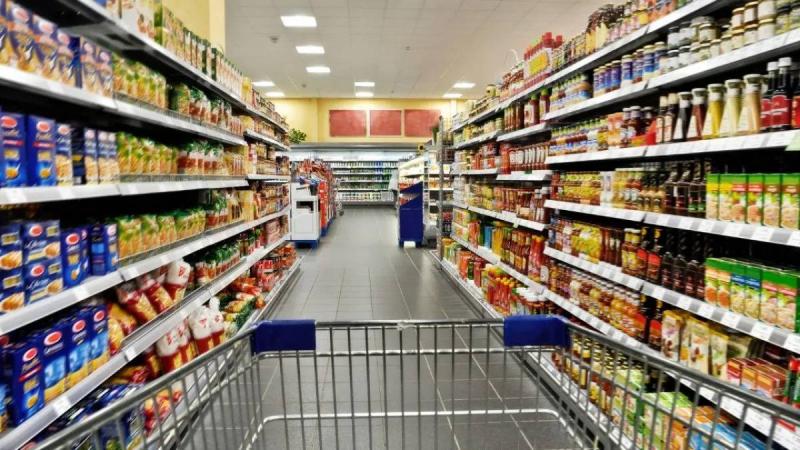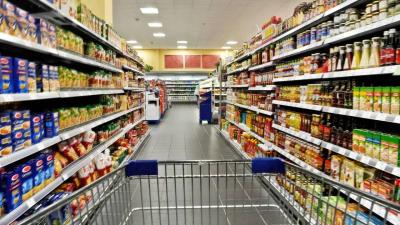Hani Bihsli, the head of the Food Importers Syndicate, confirmed in a statement that "the warning from some reports, which are issued from time to time, about the rise in food prices due to the continued increase in shipping costs as a result of tensions in the Red Sea and the ongoing Russia-Ukraine war is exaggerated." He emphasized that "food prices will not be significantly affected by these repercussions, especially since shipping costs have already seen a significant increase during previous periods following tensions in the Red Sea, and we do not expect further substantial increases in shipping costs in the near future."
Bihsli pointed out that "food importers have taken the necessary measures to mitigate the impacts," assuring that "the rise in shipping costs now will have only a limited effect on some types of goods." He revealed that "after the problems that affected supply chains to Lebanon due to the Red Sea crisis, shipments of food products from global sources to Lebanon have become more balanced, and they are arriving sequentially, despite delays caused by passing around the Cape of Good Hope and circling around Africa." He affirmed that "the quantities of food stored in Lebanese warehouses currently suffice for between two to three months, which is the level that was present before the financial and economic collapse in the fourth quarter of 2019, i.e., in 2019 and 2018."




